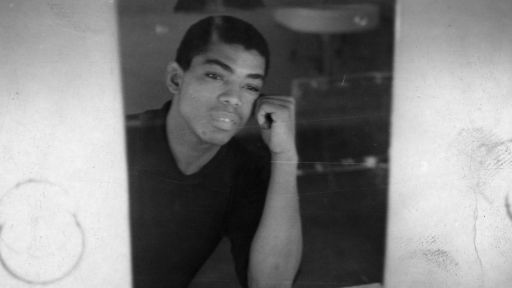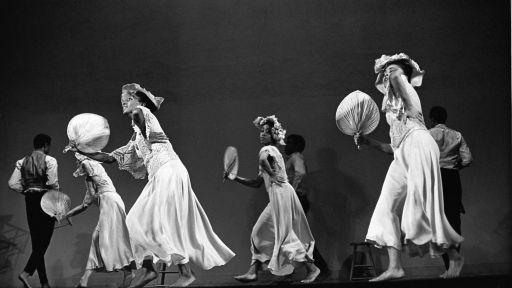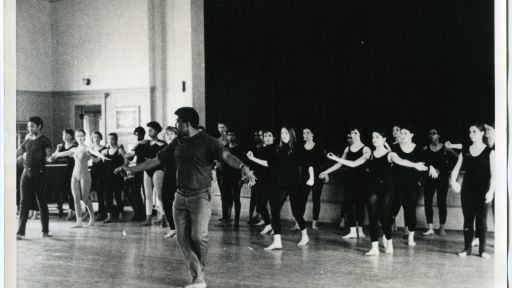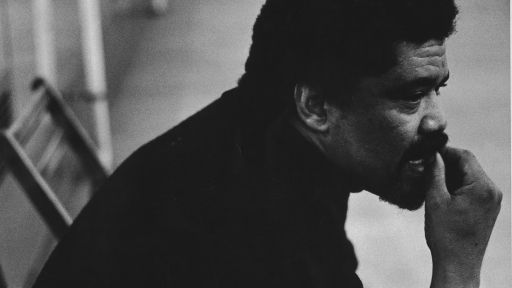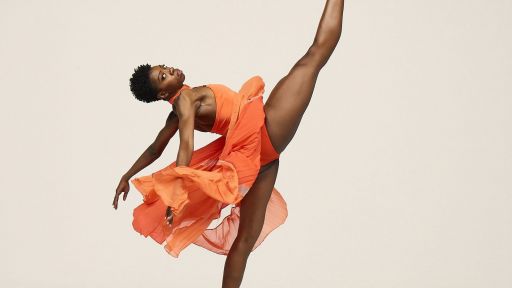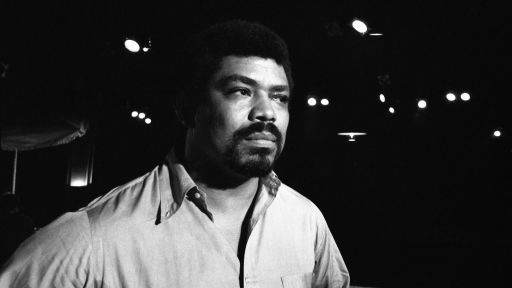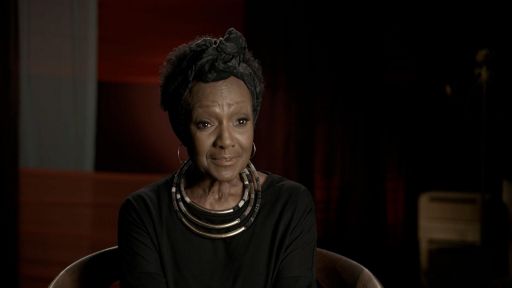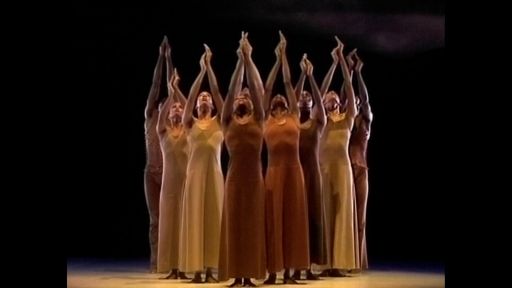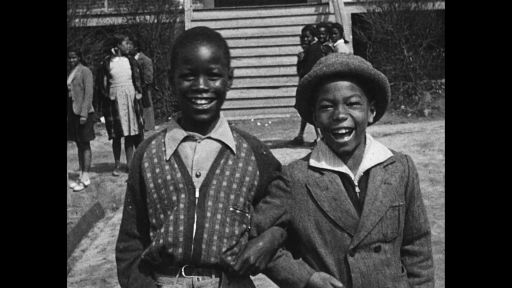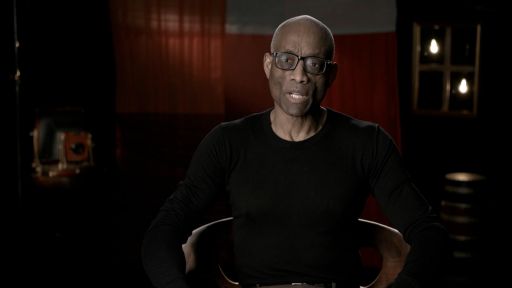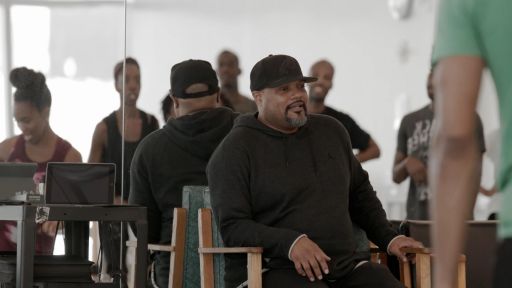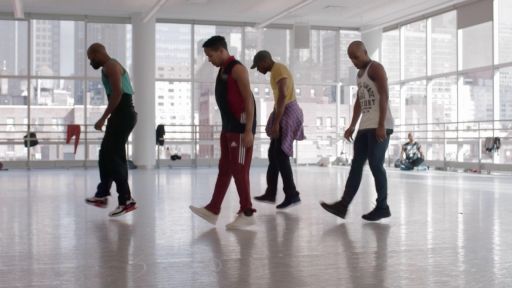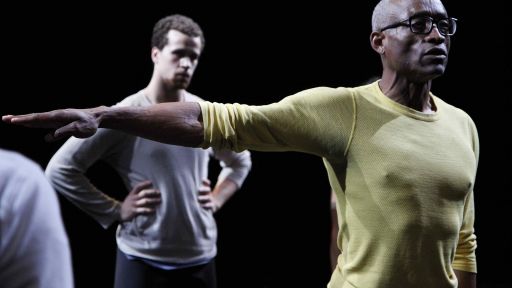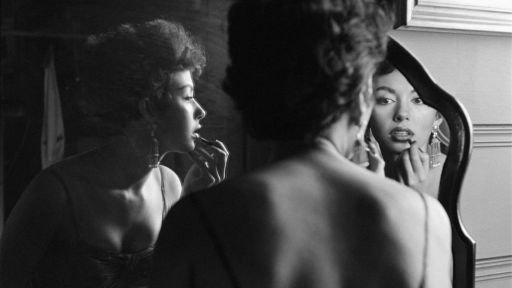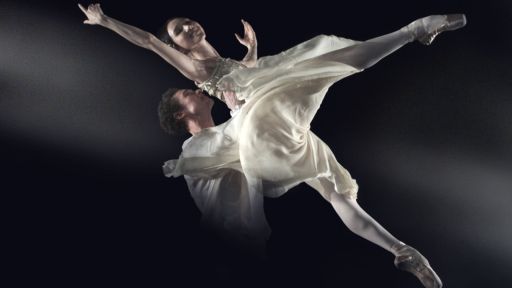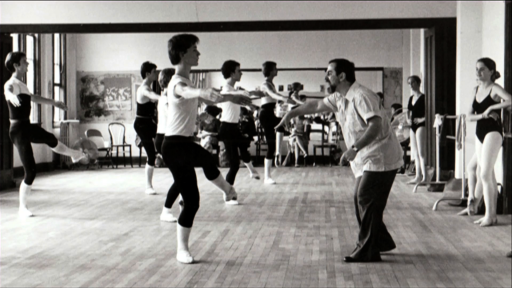American Masters: Ailey is a portrait of the legendary choreographer Alvin Ailey (1931-1989), a trailblazing pioneer who founded his influential studio Alvin Ailey American Dance Theater in 1958 at age 27. The documentary traces the full contours of this brilliant and enigmatic man whose search for the truth in movement resulted in enduring choreography that centers on the Black American experience with inimitable grace and power. Told through the choreographer’s own words and featuring evocative archival footage and interviews with those close to him, director Jamila Wignot weaves together a resonant biography that connects Ailey’s past to our present with an intimate glimpse into the Ailey studios today, following innovative hip-hop choreographer Rennie Harris as he conceives a new dance, “Lazarus,” inspired by Ailey’s life. Opening the series’ 36th season, American Masters: Ailey premieres nationwide Tuesday, January 11, 2022, at 9 p.m. on PBS (check local listings), pbs.org/ailey and the PBS Video app.
Using previously unheard audio interviews recorded in the last year of Ailey’s life, the documentary presents the dancer’s remarkable journey in his own words, from his childhood in Jim Crow Texas to the inspiration for his 1960 masterpiece “Revelations.” Raised by a single mother, Ailey recounts the hardships of his childhood along with memories of blues and gospel music, juke joints, church, young love and the awakening of his gay identity. Throughout his life he endured racism, homophobia, addiction, mental illness and the burden of being an iconic African American artist, but he found salvation through dance. In 1989, he tragically succumbed to an AIDS-related illness.
More than 30 years later, Ailey’s dream lives on. Where other modern dance companies were built to showcase their founders, Ailey envisioned his own as bigger than himself. By interweaving Ailey’s rich journey with Harris’ present-day rehearsal process for “Lazarus,” American Masters: Ailey shows the enduring power of Ailey’s vision. In Harris’ creative process, Ailey comes alive for a whole new generation: his faith in the transformative power of dance, his grand embrace and his expression of complete freedom.
Director Jamila Wignot said, “Ailey’s dances—celebrations of African American beauty and history—did more than move bodies; they opened minds. His dances were revolutionary social statements that staked a claim as powerful in his own time as in ours: Black life is central to the American story and deserves a central place in American art and on the world stage.”

